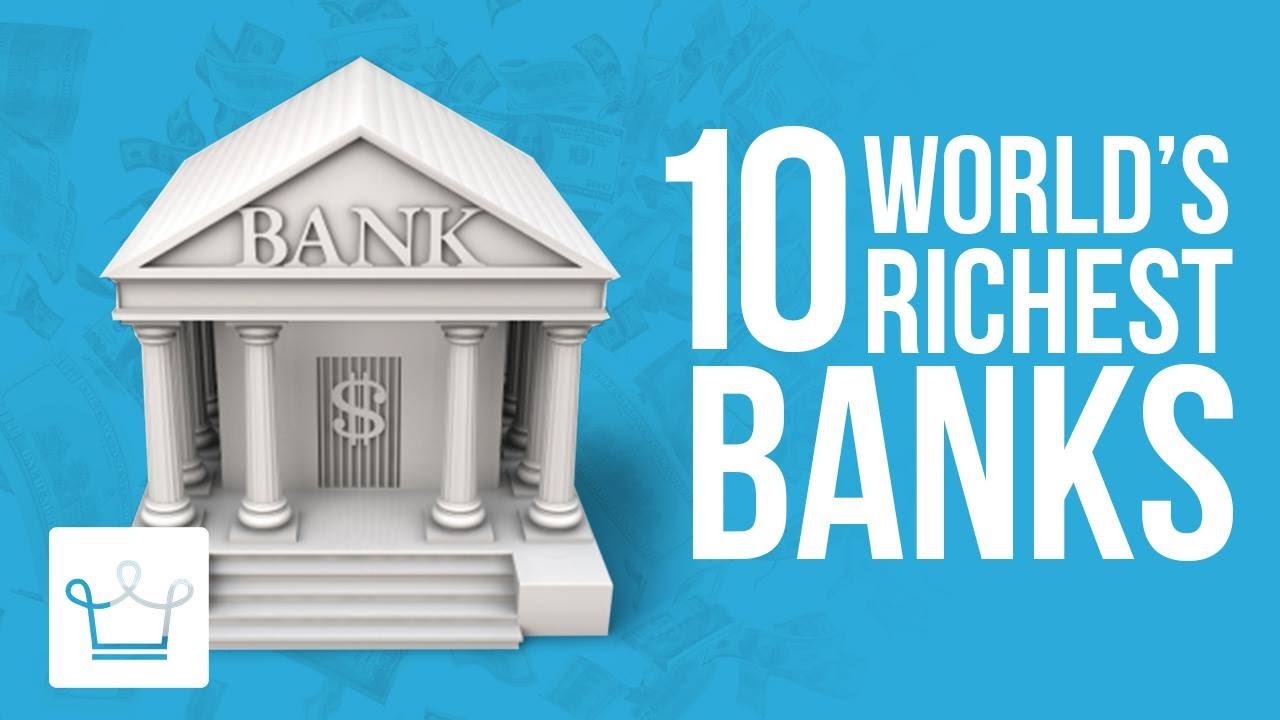If you're looking to build a careerin finance, one path you might consider is working for a major bank. But is major banks a good career path? In this article, we'll take a closer look at what major banks are, what they do, and whether they make for a solid career path.
What Are Major Banks?
First things first: What exactly are major banks? A major bank is a financial institution that is large, influential, and usually operates globally. Examples of major banks include JPMorgan Chase, Bank of America, Citigroup, Wells Fargo, and Goldman Sachs.
These institutions play a critical role in the global economy by providing a wide range of financial services to individuals, businesses, and governments. But what exactly does that entail?
What Do Major Banks Do?
The services offered by major banks can vary somewhat depending on the institution, but some common functions include:
- Retail banking:This includes services like checking and savings accounts, credit cards, mortgages, and personal loans for individual customers.
- Commercial banking:Major banks also work with businesses of all sizes, offering services like commercial loans, lines of credit, and treasury management.
- Investment banking:Investment banking involves helping companies raise capital, either through public offerings of stock or debt or through private placements. This can be a lucrative area for those with a strong understanding of finance and a talent for deal-making.
- Wealth management:For high-net-worth individuals, major banks often offer services like investment management, financial planning, and estate planning.
- Trading and markets:Major banks are often heavily involved in trading stocks, bonds, and other financial instruments. This can involve making trades for the bank's own account or for clients and requires expertise in market analysis and risk management.
Is Major Banks A Really Good Career Path?

Top 10 Richest Banks In The World
So, given all that major banks do, is working for one a good career choice? As with any career, the answer depends on your skills, interests, and career goals. That said, there are some potential advantages to consider:
- Opportunities for advancement:Major banks are large organizations with many layers of management. This can create opportunities for ambitious employees to climb the ladder and take on more responsibility over time.
- Prestige and brand recognition:Working for a well-known bank can be a source of pride and can open doors for future job opportunities.
- Training and development:Many major banks have extensive training programs to help employees build their skills and knowledge. This can be a valuable perk for those just starting out in the industry.
- Competitive compensation:While compensation varies widely depending on the position and the bank, many major banks offer competitive salaries and benefits packages.
Of course, there are also potential downsides to consider. For example, major banks can be highly bureaucratic, and employees may feel like small cogs in a large machine. Work-life balance can also be a challenge in some roles, particularly those that require long hours or frequent travel.
Ultimately, whether working for a major bank is a good career path for you depends on a variety of factors. It's worth doing your research, talking to people in the industry, and considering your own strengths and preferences before making a decision.
How To Get Into A Career In Major Banks
If you're interested in pursuing a career in a major bank, there are several paths you could take. Some common options include:
- Getting a degree in finance or a related field:Many banks prefer candidates with a strong educational background in finance, economics, or accounting.
- Networking:As with many industries, building relationships with people already working in major banks can be key to getting your foot in the door.
- Starting in a lower-level role:Many people start their careers in a major bank in a more junior role, such as a teller or customer servicerepresentative, and work their way up over time.
Regardless of the path you choose, it's important to be persistent and patient. Landing a job in a major bank can be competitive, but with the right combination of education, experience, and networking, it's certainly possible.
Major Banks Salaries
Salaries in major banks can vary widely depending on the position, level of experience, and location. However, as a general rule, salaries in the banking industry tend to be quite competitive.
According to data from Payscale, the average salary for a bank teller in the United States is around $31,000 per year, while the average salary for an investment banker is around $98,000 per year.
However, these figures can vary significantly depending on the bank, with some investment bankers earning well into the six-figure range.
Other factors that can impact salary include bonuses, which are common in the banking industry, as well as benefits packages and opportunities for advancement.
While salaries in the banking industry may be high, it's worth considering the potential trade-offs in terms of work-life balance and other job factors.
How Many Jobs Are Available In Major Banks?
As major institutions with a global presence, major banks employ thousands of people across a wide range of roles.
While specific numbers can vary depending on the bank and the location, some estimates suggest that major banks collectively employ millions of people worldwide.
In the United States alone, the banking industry employs around 2 million people, according to the Bureau of Labor Statistics. This includes everyone from bank tellers and customer service representatives to executives and investment bankers.
Of course, the number of available jobs in the banking industry can fluctuate over time depending on a variety of factors, including economic conditions and the health of the industry as a whole.
However, for those with the right skills and experience, there are likely to be a range of opportunities available in major banks for the foreseeable future.
People Also Ask
What Skills Do You Need To Work In A Major Bank?
To work in a major bank, you typically need a strong set of analytical and problem-solving skills, as well as excellent communication and interpersonal skills. Financial institutions also look for candidates with a solid understanding of finance and economics, and familiarity with financial software and systems.
What Are The Benefits Of Working In A Major Bank?
Working in a major bank can come with many benefits, including competitive salaries and bonuses, opportunities for career advancement, and access to comprehensive benefits packages. Additionally, major banks are often highly respected institutions, which can provide a sense of prestige and professional fulfillment for employees.
What Are The Drawbacks Of Working In A Major Bank?
While there are many potential benefits to working in a major bank, there are also some potential drawbacks to consider. For example, the banking industry can be highly competitive, which can lead to long hours and demanding workloads.
Conclusion
If you're interested in pursuing a career in a major bank, it's worth doing your research, building your skills and network, and considering your own goals and preferences. With the right approach, you can position yourself for success in this dynamic and challenging industry.


